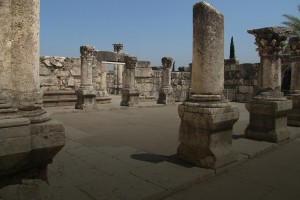
It’s also important to remember that not every ancient text makes a claim about “divinity”; there are many texts from antiquity that are ancient, but not “holy”. If a text claims to be both ancient and holy, it needs to pass the first test related to antiquity before it can hope to qualify in the second category as holy. After all, a book cannot be holy or divine if it is lying about ancient history.
The test of antiquity was incredibly important to me as a skeptic examining the claims of scripture for the first time. As I became interested in Christianity, my Mormon family encouraged me to examine Mormonism as well. I read the entire Book of Mormon before I completed the Old and New Testament. I wanted to determine the “antiquity” of the Gospels and the Book of Mormon before I could examine the question of “divinity”. I needed to know if the New Testament gospels were written early enough to have been written by eyewitnesses who were actually present to observe what was recorded in these accounts. Similarly, I needed to know if the Book of Mormon was an accurate account of the history of the American continent from 600BC to 400AD (as it claims). My first investigation was centered on the foundational question: Are these ancient holy books truly ancient?
What kinds of questions can an investigator ask when trying to answer this important question related to antiquity? I considered the following:
Are historical events cited in (or omitted from) the text in a manner that is reliably and accurately ancient?
Are the references to language, proper names and titles reliably and accurately ancient?
Are the references to culture, government or civilizations reliably and accurately ancient?
Are the references to geography, native animals and plants reliably and accurately ancient?
Are the other corroborative documents that are reliably and accurately ancient?
Are there additional, successive historical references that are reliably and accurately ancient?
I asked these questions of the gospel accounts and the Book of Mormon and came away with two very different sets of answers. There are many good reasons to accept the early dating of the gospels and their reliability as eyewitness accounts. In each of the above listed criteria, the gospels pass the test. I’ve written an entire chapter in my book examining the evidence for early dating and the historical reliability of the gospel eyewitness accounts. After examining the accounts using the tools that are employed by historians and detectives, I concluded that the gospels are reliable. Unfortunately, the Book of Mormon doesn’t withstand evidential scrutiny nearly as well. Written in the first half of the 19th century, it fails to record anything about the ancient past that can be verified in any of the ways I’ve described. In fact, in each of the categories of inquiry I’ve offered to answer the issue of antiquity, the book of Mormon fails miserably.
I once asked a Mormon Scholar to tell me how she knew the book of Mormon was a true, reliable account of the ancient past. She told me that she had asked God about it and she believed that God had given her a “spiritual confirmation”. It struck me that this method for determining antiquity was misguided. While prayer might be one way to determine if and ancient holy book is holy, there are other, better established investigative approaches that ought to be employed to determine if an ancient holy book is ancient. We shouldn’t attempt to answer questions about divinity before we answer questions about antiquity. If a text is lying to us about events in the ancient past, it cannot be from God. For this reason, the first question we ought to ask any text that claims to be an ancient, holy book is simply this: Is the text truly a work from the ancient past?

J. Warner Wallace is a Dateline featured Cold-Case Detective, Senior Fellow at the Colson Center for Christian Worldview, Adj. Professor of Christian Apologetics at Talbot School of Theology, Biola University, author of Cold-Case Christianity, God’s Crime Scene, and Forensic Faith, and creator of the Case Makers Academy for kids.
Subscribe to J. Warner’s Daily EmailSave
J. Warner Wallace is a Dateline featured cold-case homicide detective, popular national speaker and best-selling author. He continues to consult on cold-case investigations while serving as a Senior Fellow at the Colson Center for Christian Worldview. He is also an Adj. Professor of Christian Apologetics at Talbot School of Theology, Biola University, and a faculty member at Summit Ministries. He holds a BA in Design (from CSULB), an MA in Architecture (from UCLA), and an MA in Theological Studies (from Gateway Seminary).


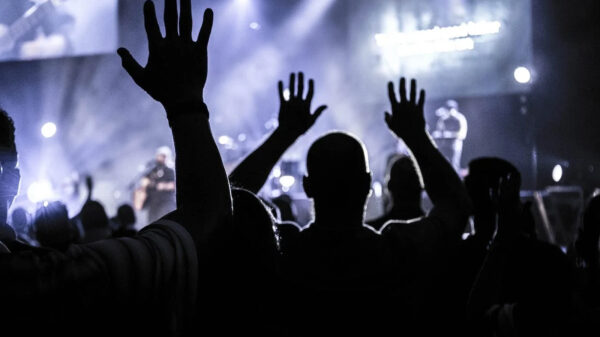









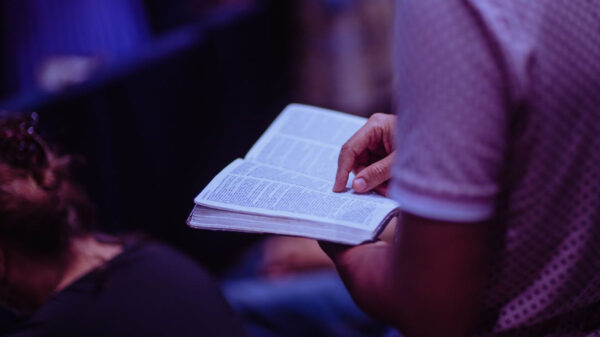




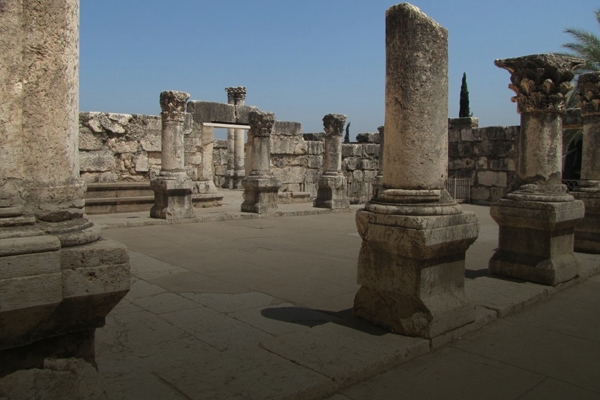











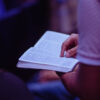


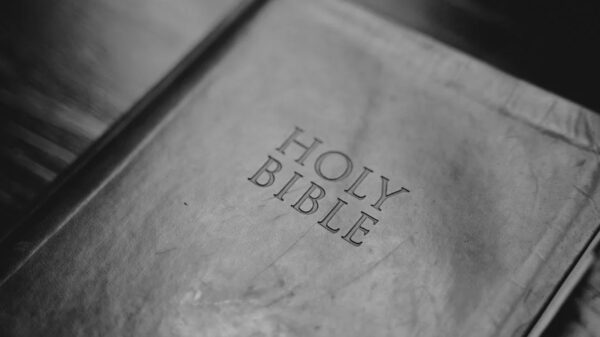
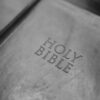
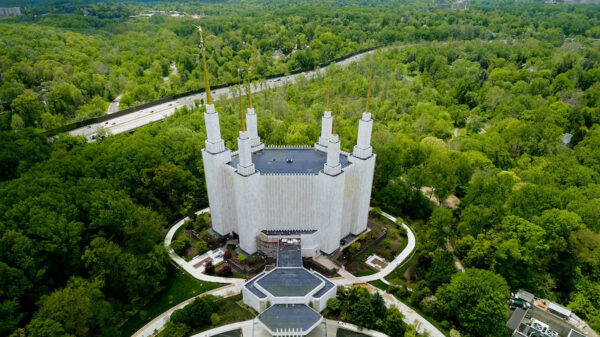
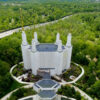
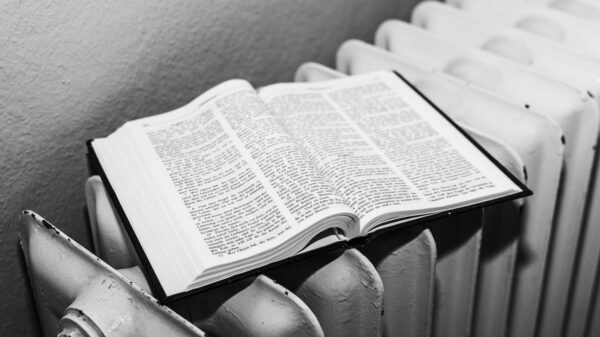
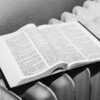
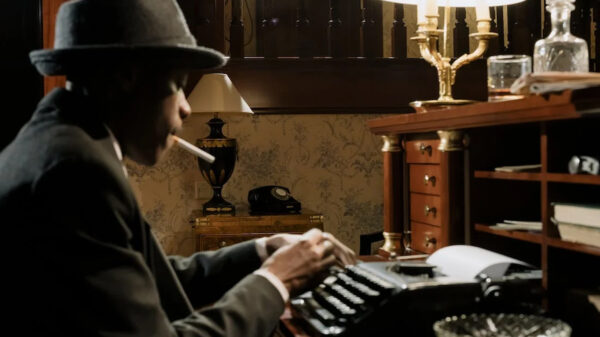


Pingback: How Can the Gospels Be Eyewitness Accounts If They Include Things the Writers Didn’t See? | Cold Case Christianity
Pingback: When It Comes to Ancient Texts, the More Copies We Have, the More Confidence We Have | Cold Case Christianity
Pingback: Evidence for the Reliability of the Book of Acts and the Old Testament | Cold Case Christianity
Pingback: I’m At Home With Evidentialism Because the Evidence Brought Me Home | Cold Case Christianity
Pingback: The Witnesses of the Resurrection Compared to the Witnesses of the Golden Plates | Cold Case Christianity
Pingback: Why Doesn’t Archaeology Corroborate Every Detail of the New Testament Accounts? | Cold Case Christianity
Pingback: The First Question to Ask of an Ancient Holy Book: Is It Ancient? | THINKAPOLOGETICS.COM
Pingback: Real Clear Apologetics | The Comparatively Rich Archaeological Corroboration of the Old Testament
Pingback: The Comparatively Rich Archaeological Corroboration of the Old Testament | Cold Case Christianity
Pingback: The Comparatively Rich Archaeological Corroboration of the Old Testament | Apologetics ForumApologetics Forum
Pingback: The Comparatively Rich Archaeological Corroboration of the Old Testament | A disciple's study
Pingback: Test Your Eyewitnesses, Even When the Eyewitness Is You | Cold Case Christianity
Pingback: Is the Account of Joseph Smith’s First Vision Reliable? | Cold Case Christianity
Pingback: The First Question to Ask of an Ancient, Holy Book: Is It Ancient? | TLG Christian News
Pingback: The Entire New Testament Audio | Free Bible Market
Pingback: The Rich Archaeological Corroboration of the Old Testament - A CROOKED PATH